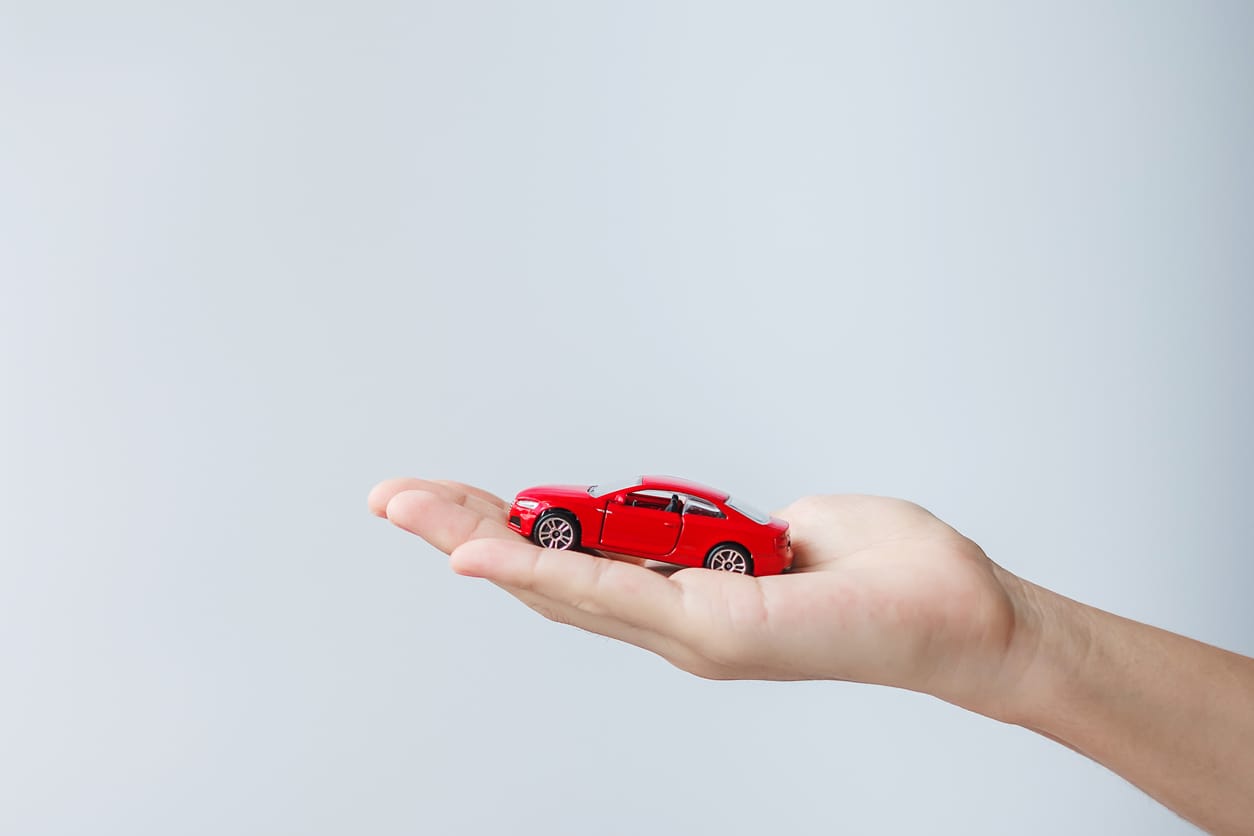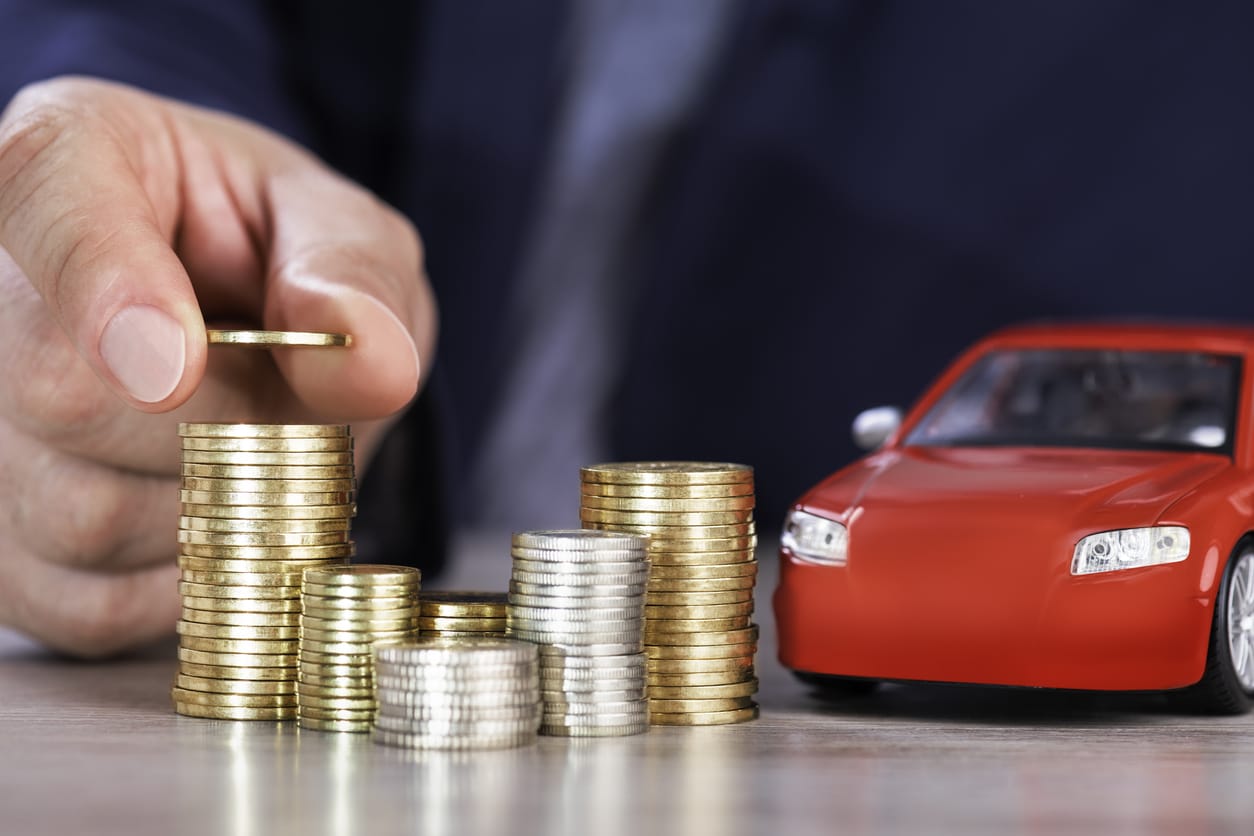Whether you’re buying a new car or selling your old one, it’s important to know how cars lose their value, what it could mean to you, and how it might affect your next car purchase or trade-in. Cars depreciate quickly, often as much as 20-30% their first year. The downward spiral continues at a more moderate rate from there, as vehicles age, add mileage, and absorb wear and tear.
Depreciation is the biggest factor affecting the long-term value of your car and the total cost to own it. And if you borrowed money to buy the vehicle and decide to sell it after a few years, you might be upside down on the loan, or owe more money than the car is worth.
Market conditions also play a role in depreciation. For instance, SUVs and trucks are typically in higher demand and thus hold their value better than others, which pays dividends when it’s time to sell. In the iSeeCars.com analysis, which oversaw more than 8.2 million used and new cars, the Jeep Wrangler Unlimited topped the list of vehicles with the lowest five-year depreciation rate (30.9%). With the highest rate belonging to the BMW 7 Series (72.6%). As you can clearly see, depreciation rates vary greatly, with luxury models tending to depreciate more rapidly due to their high starting cost and limited appeal on the used market.

- Age: The value of the car tend to fall as the age increases.
- Make and Model: The less popularity a make and model has, the lower the value will be. Popularity counts.
- Mileage: The car will characteristically lose value the more miles that appear on a car’s odometer. A high odometer reading often means a higher cost of upkeep and shortens the vehicle’s remaining useful life for the new owner.
- Condition: If your car has experienced normal wear and tear, the impact on depreciation usually is less than if there has been substantial damage, such as big dents on the outside or large stains on the inside. If the car’s been in an accident, the value can be affected even if the damage has been repaired.
- Ownership history: If the car has been well-maintained and has had one owner only, it likely will be more valuable than if it’s been poorly maintained and has changed hands between several owners.
- Gas prices: Fuel-efficient cars generally depreciate more when gas prices are low, while gas hogs depreciate more when gas prices are high.
- Color: Cars with a neutral paint color like black or silver may retain their value more than cars with “exotic” paint colors. That’s because neutral colors tend to remain popular over time.
- Reputation: Cars that have a brand reputation for longevity and quality might depreciate at lower rates.

Car depreciation matters for many reasons. One of the major reasons is that depreciation affects the trade-in or resale value of your car. Another reason: When the value of a car you’ve financed falls too quickly, you might end up owing more on your loan than the vehicle is actually worth.
Owing more than a car’s value is called being underwater, you likely won’t be able to recoup the full remaining balance of the loan, in which case you’ll have to make up the difference out of pocket. You might consider a gap insurance policy, if this worries you.
Fortunately, you can control some of the factors that affect your car’s depreciation. Among the things you can do:
- Drive less. Putting 10,000 miles or less on your car each year will keep the numbers on the odometer lower and might help decrease maintenance costs and damage. Consider shipping your vehicle and flying to your extended vacation destinations, like snowbirds.
- Keep up on maintenance. Regular oil changes and other routine service can keep your car in better shape and help it retain value. Nobody wants to buy a car that needs a full engine rebuild to get it roadworthy, after all.
- Preserve the car’s maintenance records. Having all that paperwork in hand can boost the resale value of your car, as it’ll show a potential buyer that you properly maintained it.
- Tidy up the interior. Regularly cleaning the seats, dashboard, carpets and other interior features may help increase your car’s value.
- Protect the exterior. Storing your car in a garage can protect it from the surrounding elements. This might help preserve the exterior of the car, including the paint.





